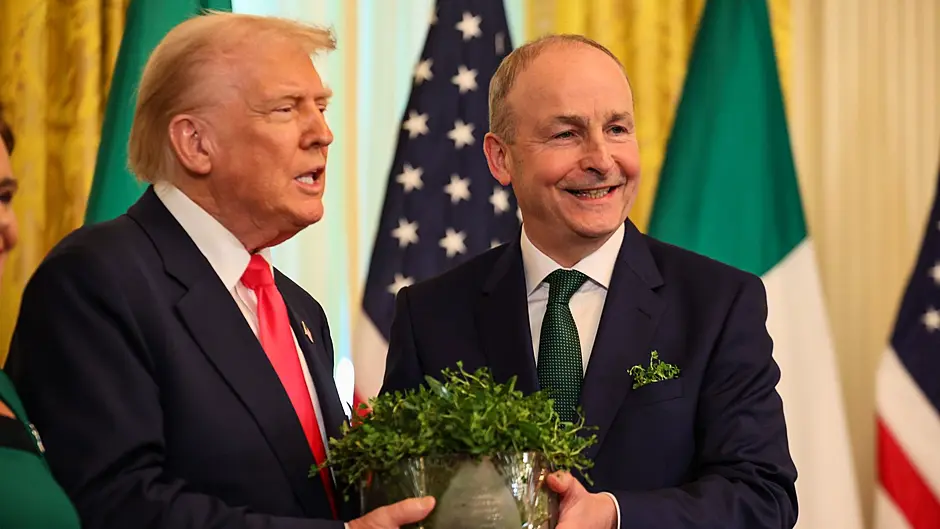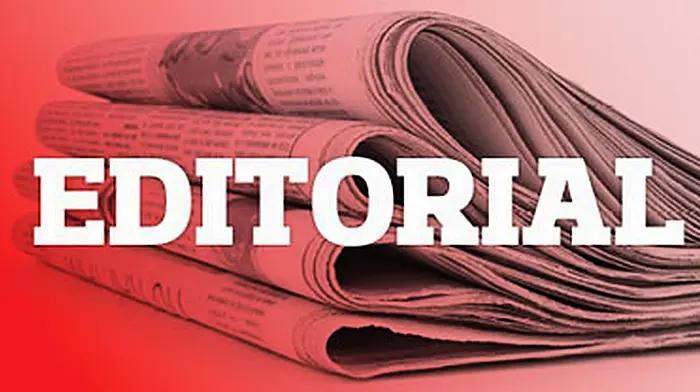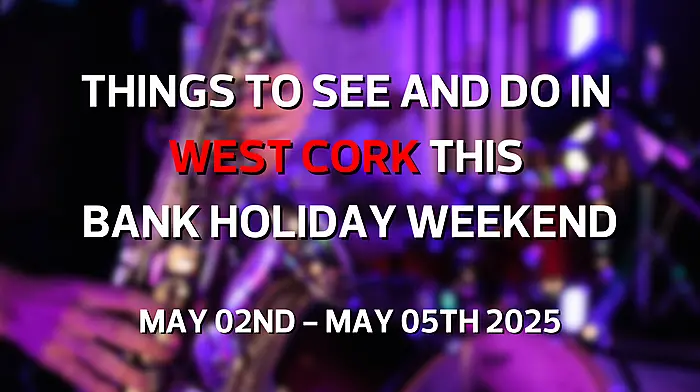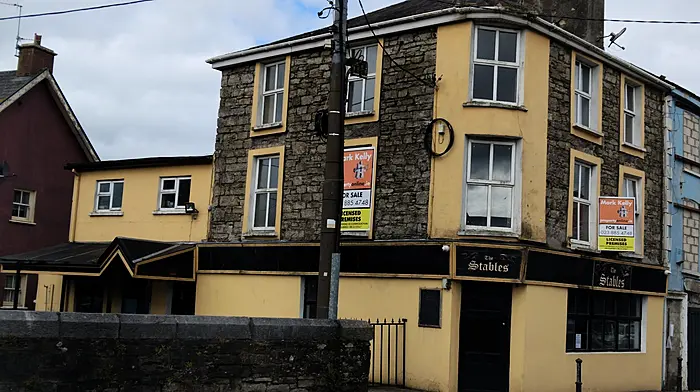The first weeks of the Trump administration have seen a number of chaotic moments in the White House. MEGAN MULLIGAN speaks to residents across West Cork about the effects of this new regime.
AN INCOMING president’s first 100 days in office are frequently regarded as a milestone in US politics, and often indicate the priorities of the incoming administration.
President Trump was only inaugurated on the 20th of January, and so long before the milestone of 100 days has been reached, he has made his mark as his brief tenure so far has been marked by numerous executive orders and often tense relationships with other American and world leaders.
Alexis McKee moved to Clonakilty right after Trump was elected for the first time in 2016, and since then she has ‘purposely not paid attention to what he’s doing’.
In fact, like many Americans living in West Cork, she tries to pretend that ‘American politics don’t exist anymore’.
But American politics do exist, and based on Trump’s first nine weeks, the new US administration will focus on the rising cost of living, immigration, and tariffs, all of which are also relevant issues to West Cork.
Deputy Michael Collins, leader of Independent Ireland, is concerned about the cost of living here in West Cork.
‘The biggest concern is how sustained inflation is eroding purchasing power. Wages aren’t necessarily keeping up. There’s a real risk that affordability gaps will widen, especially in housing and day-to-day essentials.
Christopher O’Sullivan, Fianna Fáil TD for Cork South-West, recognises the pressures of inflation on households and businesses, stating that in addition to short-term measures, the government is also ‘working to address structural issues, such as housing supply and energy security, which are critical to reducing costs in the long term’.
Concerns about the cost of living in West Cork are closely tied to immigration.
Deputy Collins explains that ‘more diversity is visible in local businesses and schools, which has its positives, but also some growing pains in terms of resource availability’.
He argues that ‘immigration is a complex issue, and the government is committed to managing it in a way that benefits Ireland socially and economically’.
One way the current government is tackling this issue is through ‘increased funding for community integration initiatives and language training to support newcomers in becoming active members of their communities’.
It is clear that these issues in West Cork are indirectly linked to US policies and investment.
However, Ireland remains a powerful base for American companies. Deputy O’Sullivan explains: ‘This is particularly relevant to Cork South West, where many residents are employed by multinational pharmaceutical and tech companies that rely on strong Ireland-US trade relations.’
Given this role, any uncertainty in American policy can create ripple effects here in Ireland, and especially West Cork.
The worry is that any moves toward protectionism or corporate tax changes could make Ireland less attractive for US companies.
Trump’s new tariffs are affecting many countries and regions, with Ireland and specifically West Cork possibly being next.
Deputy Collins explains: ‘If tariffs are to be implemented, it will have a negative effect on agriculture and on...companies in Ireland who are creating hundreds of thousands of jobs.’
Kela Hodgins, proprietor of Dunowen House and chair of the Clonakilty Chamber of Commerce, takes a cautious approach.
‘I don’t think it will cause existing businesses to close in the near future,’ she said. ‘But it will restrict plans they had for investment or expansion. Let’s see how Trump’s erratic policies play out in the coming months. I would be concerned with tariffs being imposed on the likes of Irish whiskey, pharmaceuticals and other products that rely quite heavily on US exports.’
For the tourism industry, the Trump administration’s policy shifts make things unpredictable. ‘The feedback coming from our North American clients is that they can’t wait to visit to escape the craziness currently in the States, or they are unsure about committing to a visit in case jobs are lost or the economic situation worsens and their disposable income for long-haul travel is cut,’ Hodgins said.
Deputy Collins insists that ‘we have to build a strong healthy relationship with the US [and] as a neutral country, Ireland is in the perfect position to deliver this message: a message of peace and neutrality’. Minister of State O’Sullivan agrees.
‘Ireland stands ready to work with the US and other international partners to promote peace, stability, and human rights,’ he said. ‘As a small, open economy, Ireland benefits from strong transatlantic ties, and we are uniquely positioned to facilitate dialogue and cooperation between the US and the EU.’
However, Hodgins and others are warier.
When approached, many refused to comment or were prohibited by their companies to comment on the new US administration.
‘Personally, I think it’s a minefield,’ said Hodgins. ‘The rules of engagement are constantly changing, the power lines are being redrawn in the world, and the “special relationship” that Ireland and the US enjoyed under previous administrations means very little now.
‘We are entering uncertain and scary times. We may find more and more of our US cousins signing up for Irish passports and escaping to the tranquility of West Cork.’







